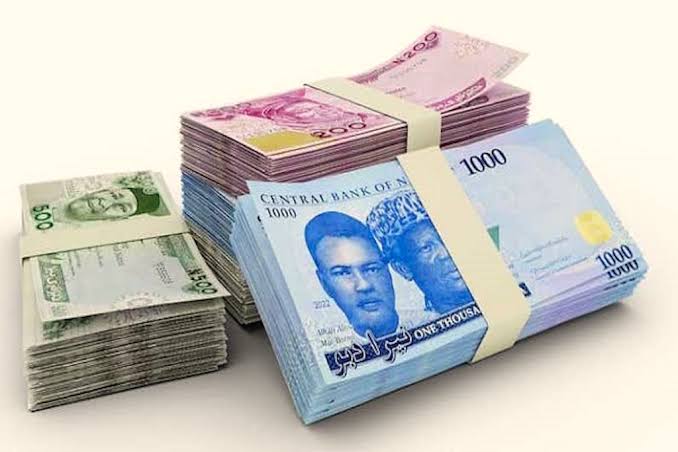There are many challenges in transborder trade at Seme Border, Badagry, especially the constraints of exchanging the Naira for the CFAs, coupled with the over 100 road blocks manned by Security agencies along the Lagos-Badagry-Seme Expressway with the attendant daily harassment and extortion of innocent Nigerians by security officials on the 62 kilometers expressway.
These are some of the factors inhibiting both legitimate trade and lawful movement of persons who do business across the border. Podo Sunday x-rays these issues in this report.

The rate at which Nigerians are openly frustrated in the Seme border area is alarming, despite having their legitimate money to trade with. The rejection of the Naira continues unabated at the border markets, as those accepting Naira are few.
Even some of those accepting the currency are daily engaged in the devaluation of the Naira to enrich themselves, a situation many Nigerian traders have allowed in order to make ends meet. But at the end of the day, it is the consumers in Nigeria that bear the burden of the high prices. A close look at the monetary transactions shows that only few Benin Republic BDC operators accept e-transfers into Nigerian banks, despite the large number of Nigerian banks operating at Seme border, including EcoBank, First Bank, UBA, Union Bank, Zenith bank, etc.
Transborder trading came to a halt when the Federal Government shut all land borders in August 2019 under former President Muhammadu Buhari. Reasons guven by the Government then include the proliferation of illegal importation and smuggling of hard drugs, firearms, poultry foods and agricultural produce into Nigeria from neighbouring countries. Movement of persons were allowed throughout the duration of the border closure but without any legitimate economic activities except pockets of smuggling activities in many of the border communities across the country as a result of the porosity of border, largely aided by the connivance of security operatives.
However, respite came in December 18, 2020 when the Federal Government announced the partial re-opening of four land borders including Seme, in Badagry in Lagos, Illela Border in Sokoto, Maigatari in Jigawa, and Mfum in Cross River where import and export policy known as ECOWAS Trade Liberalization Scheme (ETLS) were again allowed across the four borders specifically for goods locally produced in ECOWAS States. In the same vein, another respite came in April 22, 2022 as the Federal Government again announced the re-opening of four additional land borders which include the Idiroko border in Ogun State (South West Zone); Jibiya border post, Katsina State (North West Zone); Kamba border post, Kebbi State (North East Zone); and Ikom border post in Cross River State (South – South Zone) At Seme border, the border reopening saw Dangote Cement, Gas companies, Nigerite slates, Food beverages, Alumaco Alumin- ium frames and glasses, motor spare parts, electrical parts and electronics etc take advantage of the import-export windows.
Smuggling of fairly used vehicles (Tokunbo) and petroleum products especially PMS and engine oil, beverages and general commodities also got to the peak at the borders under the partial re-opening policy of the Federal G o v e r n m e n t which made many drivers frown at the border closure policy, saying it is counterproductive. But the story took another dimension at the borders again when on May 29, 2023, the current Government of President Bola Ahmed Tinubu announced the removal of fuel subsidy, the galloping effect of the cost of PMS invariably skyrocketed prices of food stuffs, general goods and services due to the surge in the cost of production and transportation, which in turn jacked up the exchange rate of the Dollars and CFAs against the Naira.







